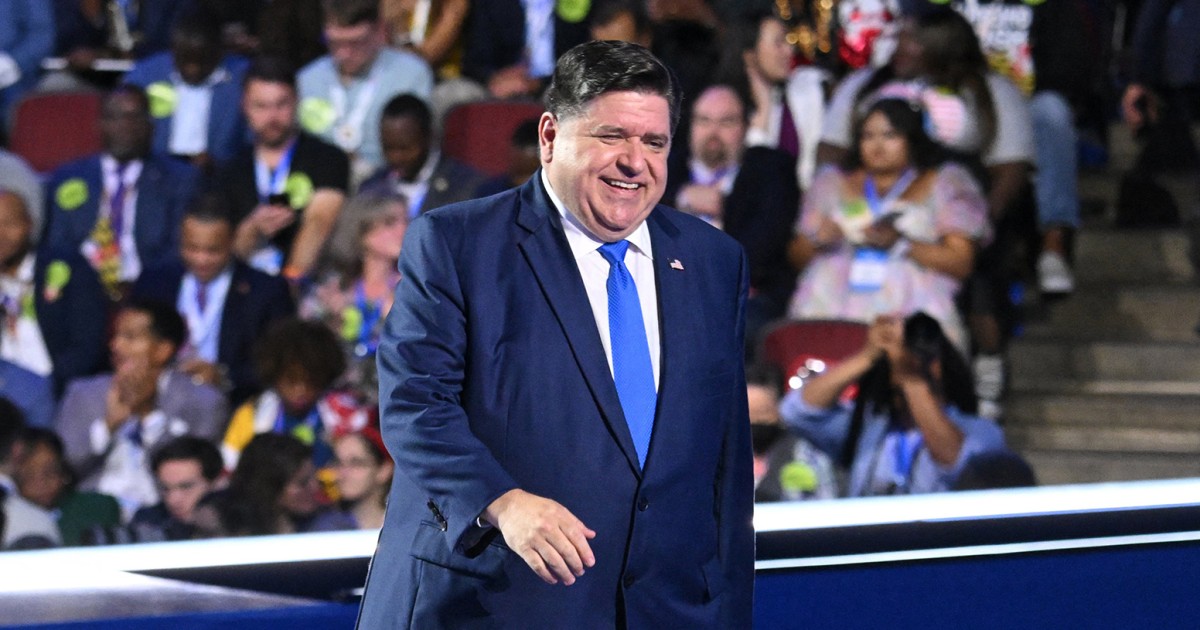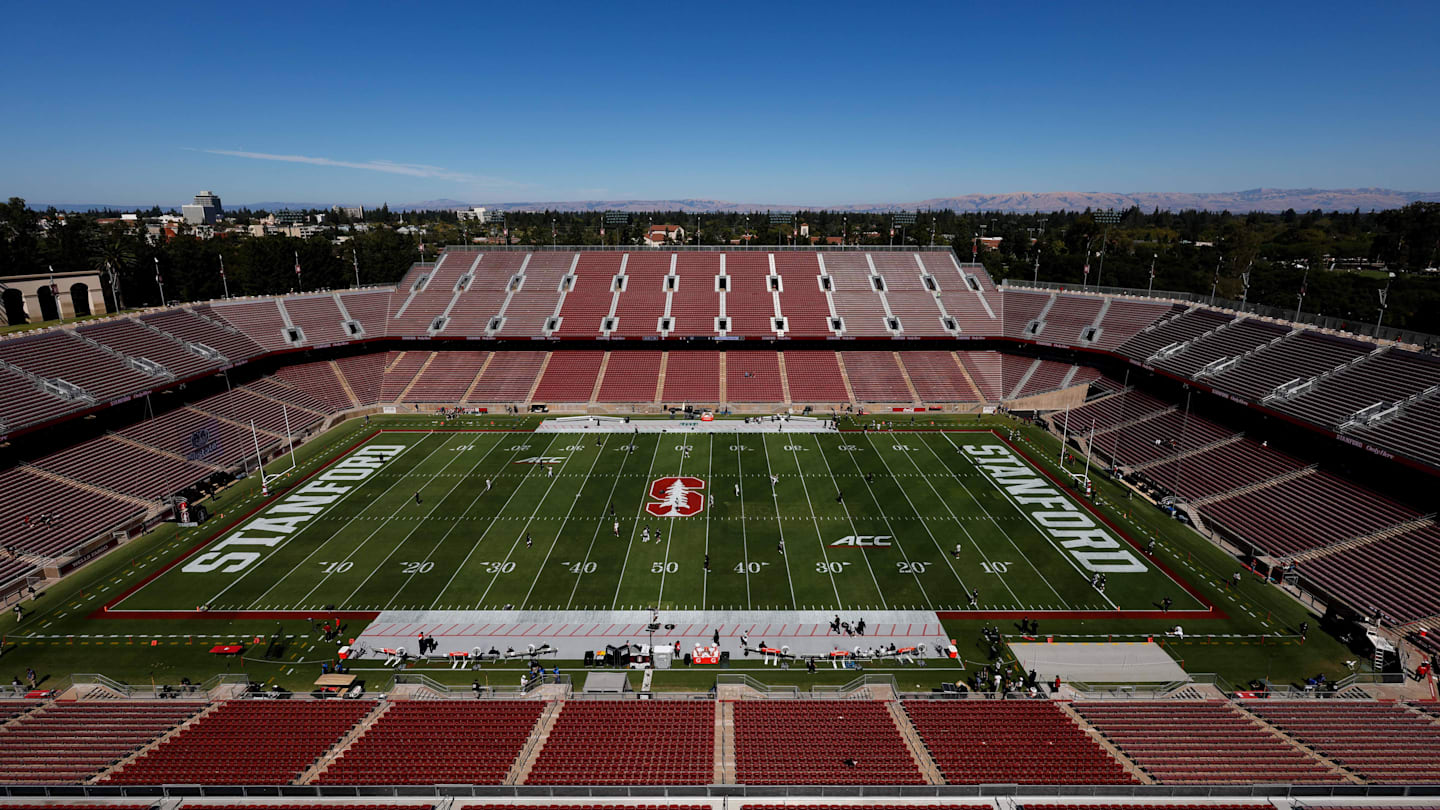World
‘We finally excised the ghosts of 1968’: This time, Chicago convention wows the world

CHICAGO — The whole world was watching, but this time, it liked what it saw.
No cops clubbing protesters. No convention floor fist fights. No sprawling encampments taking over Grant Park.
In the end, the city’s four-day convention featured mostly peaceful demonstrations outside the arena. And inside, the convention floor will be remembered more for Lil Jon’s glittering surprise appearance than political disruption.
Chicago did hold a sometimes forgotten convention in 1996 that went off without a hitch. Still, for months, many pundits predicted a Democratic National Convention in Chicago this year would devolve into a scene out of 1968’s Vietnam era convention held in the city with days of chaos, violence and bloody police clashes with crowds.
Instead, the more than 50,000 visitors who poured into the city enjoyed sunny skies, a glistening lakefront and a clean and safe downtown.
“They said, ‘Is Chicago ready? Is Chicago ready for this convention?’ We heard it all. Chicagoans heard it all,” Mayor Brandon Johnson said at a news conference Friday.
Ultimately though, Johnson said, “They saw and fell in love with our people. Because DNC or no DNC, it still is Chicago. All the beauty on display this week is beauty that is truly a part of who we are.”
Harris’ ascent to the top of the Democratic ticket a month ago triggered a surge in enthusiasm, meaning that even more guests poured into the City of Big Shoulders, packing Wrigley Field, restaurants and events across town.
At the same time that Republican vice presidential candidate Sen. JD Vance of Ohio this week panned Chicago as a “combat zone,” crime across the city dropped when compared to the same period of a year ago, according to Chicago police.
Massive disruptions did not color the week, even in an intense political moment with Pro-Palestinian protesters demanding that the Democratic Party do more to pressure Israel to end its war with Gaza and that the U.S. stop supplying Israel with weapons.
There were moments of dissent. A small contingent of “uncommitted” delegates who fiercely criticize the administration’s actions supporting Israel in its war in Gaza, grew upset that the convention made no room for a speaker to represent their interests. During Harris’ acceptance speech on Thursday, at least one delegate walked out and others turned their back on the vice president.
“We finally excised the ghosts of 1968 … It is an incredible legacy to leave here,” said Anne Caprara, chief of staff to Gov. JB Pritzker, who was instrumental in convention planning for more than two years. “That was completely put to bed. It was because of all the preparation and work that was done, to make sure that people felt heard ahead of time … to create the space philosophically without them erupting into violence.”
Caprara said the convention went off smoothly in large part because of a lack of sparring among various organizing entities, including Chicago Police and the U.S. Secret Service, as well as the Chicago Host Committee and the Democratic National Committee.
“The host committee and the [convention committee] had a great relationship; they really worked together well and that’s often not the case,” Caprara said. “There was a lot of synergy between what the Biden and then the Harris people wanted and needed … It was just a lot of good work across what are often contentious relationships.”
There were a total of 74 convention-related arrests throughout the week, Chicago Police Supt. Larry Snelling said, primarily related to protests. Four people went to the hospital, he said, mainly for medication issues, though one complained of a hurt finger and another of knee pain.
Snelling said a handful of police officers who were injured refused medical attention because they didn’t want to abandon their fellow officers. He also said the fact that there were so few injuries is a testament to the more than year-long training officers underwent to respect First Amendment rights and show restraint in the face of protests.
Police endured people getting right into their faces, shouting and swearing at them, he said: “And they maintained their cool throughout.”
“It just goes to show the work that was going on in the districts and in our city while other officers went down to protect people’s First Amendment rights,” and the city as a whole, Snelling said. “Our city was on display. And it was on display for the world to see, and I guarantee the world was watching. However, we showed again that this is not 1968.”









